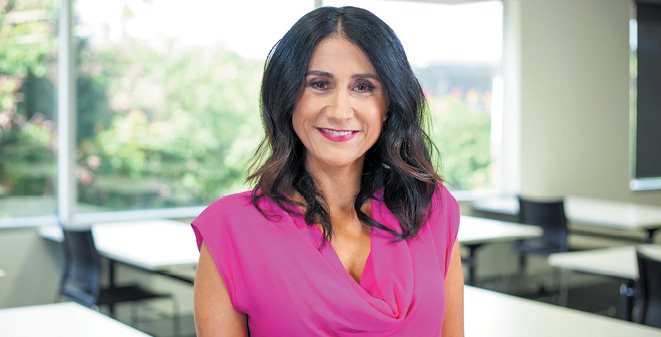By the Real Estate Institute of Queensland (REIQ) CEO Antonia Mercorella
If you’re putting your property up for sale or lease, it’s important to consider sooner rather than later the safety requirements in Queensland and get your ducks in a row. Safety comes first and compliance with the relevant legislation for smoke alarm safety, safety switches and pool safety certificates are all serious matters you need to be aware of when we’re selling or leasing property in Queensland.
SMOKE ALARM SAFETY
In Queensland, we’ve gone through legislative reform when it comes to smoke alarms safety – we now have some of the strictest smoke alarm safety legislation in the country, due to amendments to the Fire and Emergency Services Act 1990.
From 1 January 2022, which is just around the corner, you will need to upgrade your smoke alarms to meet strict new requirements. From this 2022 deadline, it will be an offence to rent out or sell properties if smoke alarms are non-compliant, and insurances may also become void as most product disclosure statements have clauses stating properties must comply with local government or other statutory requirements at all times.
If you are selling or leasing a property, it’s best to consult an expert to ensure you’re compliant with the current and fast approaching new requirements. Generally, smoke alarms need to be photoelectric, contain an ionisation sensor, be hardwired or powered by a non-removable 10-year-old battery and importantly, be interconnected with every other smoke alarm in the dwelling. Where they’re placed is also really important – smoke alarms need to be installed on each storey and each bedroom, hallways, and positioned at certain distances from fans, air conditioners, light fittings and walls. For more information, go to the Queensland Fire and Emergency Services website.
The best thing to do is get a smoke alarm technician in as soon as possible to undertake a review and upgrade your smoke alarms where necessary in order to achieve compliance and peace of mind before you sell or rent out your property.
SAFETY SWITCHES
Similarly, sellers need to be aware of the requirements relating to safety switches. If you’re selling a property under the REIQ standard contract, there’s a requirement to disclose if there is an approved safety switch installed in the residence. In addition, this must be disclosed in transfer documentation. If there is no safety switch and the buyer proceeds with the contract, the onus is on them to rectify the safety switch compliance. This must be completed within three months of settlement and penalties apply for non-compliance.
In the rental realm, owners of domestic rental accommodation in Queensland must also have a safety switch installed in their rental properties. If a safety switch is not installed in the rental property, penalties apply.
POOL SAFETY CERTIFICATES
As the weather warms up, it’s a timely reminder that properties in Queensland that have a pool on the premises, need to meet strict pool safety requirements. It’s important that property owners as well as sellers or buyers of properties obtain pool safety certificates issued by a licensed pool safety inspector on sale or lease.
In Queensland, before entering into a lease or other accommodation agreement, property owners must ensure a valid pool safety certificate is in effect. This means a pool safety certificate must be in effect before signing the agreement, regardless of when the tenant starts residing at the property. A copy of the pool safety certificate needs to be included in the tenancy agreement. There are strict penalties for non-compliance.
When it comes to selling, you are permitted to sell your property with or without a pool safety certificate. If you don’t have a compliance or exemption certificate for the pool, you need to provide a notice of no pool safety certificate. The buyer is warned that they will become responsible at their own expense to obtain a pool safety certificate within 90 days after settlement. The buyer can also become liable to pay any costs of rectification necessary to comply with the pool safety requirements to obtain a pool safety certificate. This may impact on the buyer’s decision to buy the property or on the price they are willing to pay. You can search for a property and view details of the most recent pool safety certificate (if one has been issued) on the pool register located on the Queensland Building and Construction Commission website.
It’s best to ensure you’ve got all of those three safety things sorted out, as it can help the contract proceed smoothly, and minimises the chance for dispute or penalties. Of course, while there’s a little bit of work to do to ensure you’re compliant, smoke alarms, safety switches and pool safety certificates are important to get right in any property because, ultimately, they’re about safety in the home.



